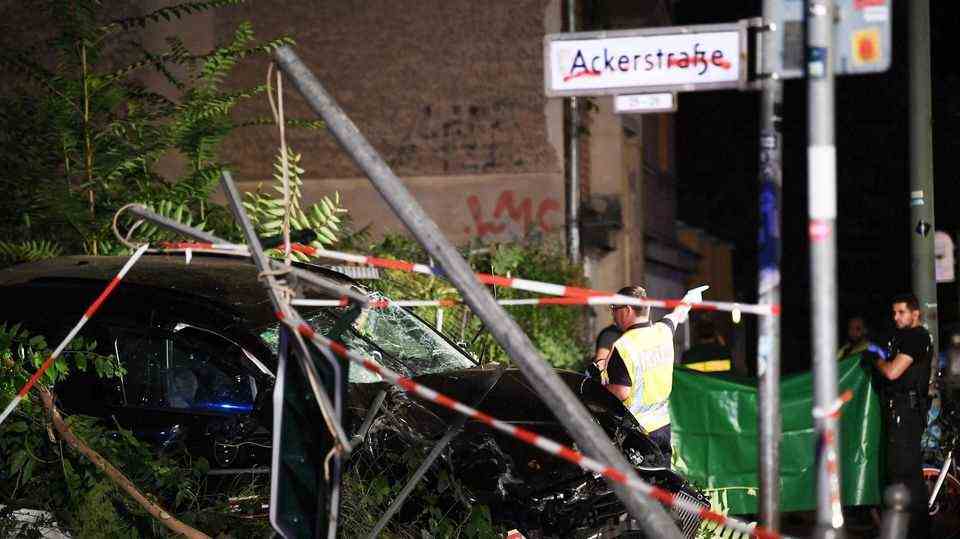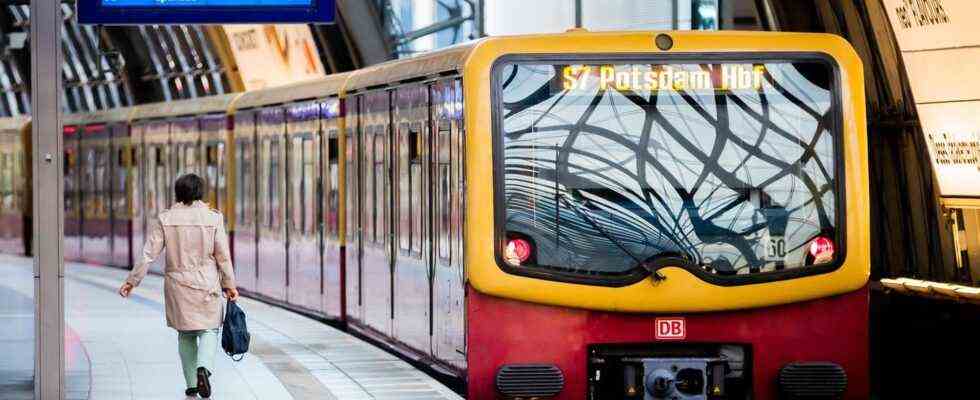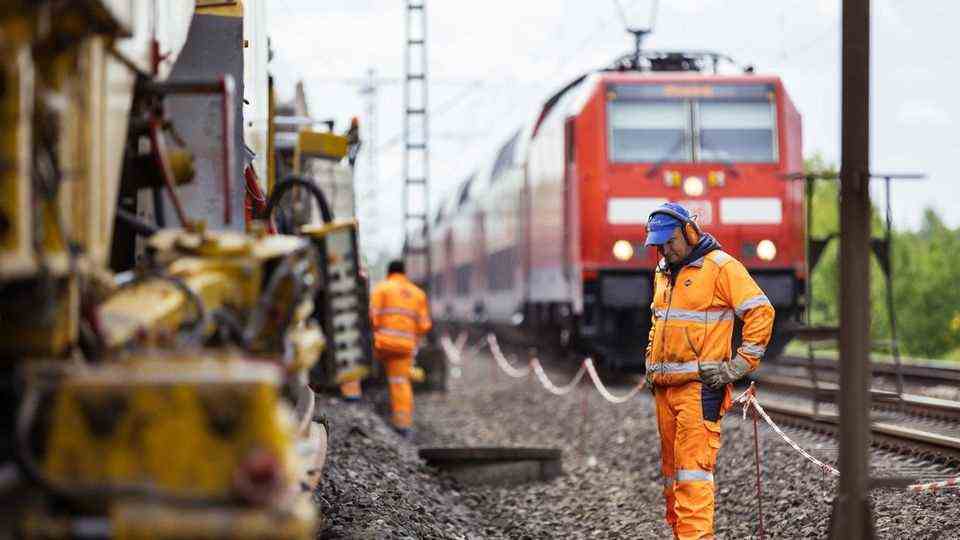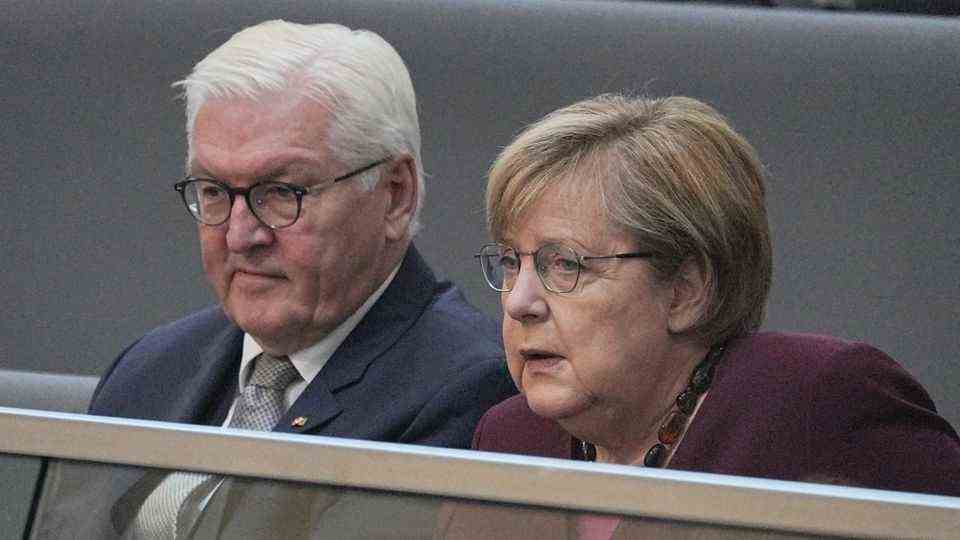Public transport
Study shows: 55 million Germans lack sufficient access to local public transport
Above all, the local traffic analysis shows the different locations between town and country
© Christoph Soeder / DPA
Local public transport is an important pillar in the fight against climate change. However, a new study shows that this is far from being sufficiently developed in Germany.
For most people in the big cities and metropolitan areas of Germany, there is a very diverse range of public transport options. On the outskirts and in rural regions, however, things look very different. A study by the Deutsche Bahn subsidiary Ioki shows how expandable the local public transport network is in Germany.
Stops and train stations served too seldom
The study shows that for most people the next stop is not far away on foot. The problem, however, is the inadequate bus and train service. Local transport does not run often enough or there is no direct connection in the right direction. According to this, for 90.3 percent of citizens: inside a stop or a train station is within 400 or 600 meters. However, only 63 percent can travel in one direction or the other at least once an hour from their stop during the day.
The analysis also shows the different locations between town and country. The 27 million people in Germany who live in the city therefore have a very good range of local public transport available. The 55 million Germans who live in the outskirts of cities and in the country, however, have far fewer opportunities to actively use buses and trains in everyday life. Because less than half of the stops in the countryside are served hourly or more frequently, according to the study. In large cities, on the other hand, around 80 percent of citizens have a means of transport nearby that runs at least every hour.

Expansion of local transport networks necessary
So that even more people can rely on local public transport for their everyday trips, it must be expanded further. In order to tackle this, as well as a better networking of the modes of transport, the German Association of Towns and Municipalities asks for support. “The federal government is required here,” said managing director Gerd Landsberg to newspapers of the Funke media group. Thus, the expansion of local transport should not depend on the financial leeway of the individual municipalities.
In addition to the typical local modes of transport, bus and train, sharing services are becoming increasingly popular, especially in cities. There is simply a lack of offers for this in rural areas. Because more than 90 percent of rental bikes, e-scooters and sharing cars are in the centers of large cities. Local transport offers can also be expanded as required, according to Frank Klingenhöfer, head of the DB Regio Bus subsidiary. Switching between modes of transport must become easier in order to connect rail and road more closely.
Sources: “Berliner Morgenpost”, “The mirror”



